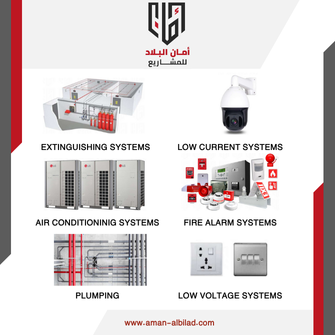advertisement
Service Information
An energy management system (EMS) is a system of computer-aided tools used by operators of electric utility grids to monitor, control, and optimize the performance of the generation or transmission system. Also, it can be used in small scale systems like microgrids. As electric vehicle (EV) charging becomes more popular smaller residential devices that manage when a EV can charge based on the total load vs total capacity of an electrical service are becoming popular.
Terminology
The computer technology is also referred to as SCADA/EMS or EMS/SCADA. In these respects, the terminology EMS then excludes the monitoring and control functions, but more specifically refers to the collective suite of power network applications and to the generation control and scheduling applications.
Manufacturers of EMS also commonly supply a corresponding dispatcher training simulator (DTS). This related technology makes use of components of SCADA and EMS as a training tool for control center operators.
Other meanings
Energy efficiency
In a slightly different context, EMS can also refer to a system designed to achieve energy efficiency through process optimization by reporting on granular energy use by individual pieces of equipment. Newer, cloud-based energy management systems provide the ability to remotely control HVAC and other energy-consuming equipment; gather detailed, real-time data for each piece of equipment; and generate intelligent, specific, real-time guidance on finding and capturing the most compelling savings opportunities.
Home energy management system
Home energy management (HEM) enables domestic consumers to take part in demand side activities. But, it confronts some problems resulted from the uncertainties of renewable energy resources and consumers' behaviour; while, the domestic consumers aim at the highest level of comfort that should be considered by minimizing the “response fatigue” phenomenon.
Automated control in buildings
Main article: Building Management System
The term Energy Management System can also refer to a computer system which is designed specifically for the automated control and monitoring of those electromechanical facilities in a building which yield significant energy consumption such as heating, ventilation and lighting installations. The scope may span from a single building to a group of buildings such as university campuses, office buildings, retail stores networks or factories. Most of these energy management systems also provide facilities for the reading of electricity, gas and water meters. The data obtained from these can then be used to perform self-diagnostic and optimization routines on a frequent basis and to produce trend analysis and annual consumption forecasts. Energy management systems are also often commonly used by individual commercial entities to monitor, measure, and control their electrical building loads. Energy management systems can be used to centrally control devices like HVAC units and lighting systems across multiple locations, such as retail, grocery and restaurant sites. Energy management systems can also provide metering, submetering, and monitoring functions that allow facility and building managers to gather data and insight that allows them to make more informed decisions about energy activities across their sites.
Looking for new opportunities in the Saudi market?
Receiving real RFQs is the key for new orders.
Here in Project Suppliers platform we gain you the new opportunity.










































































































